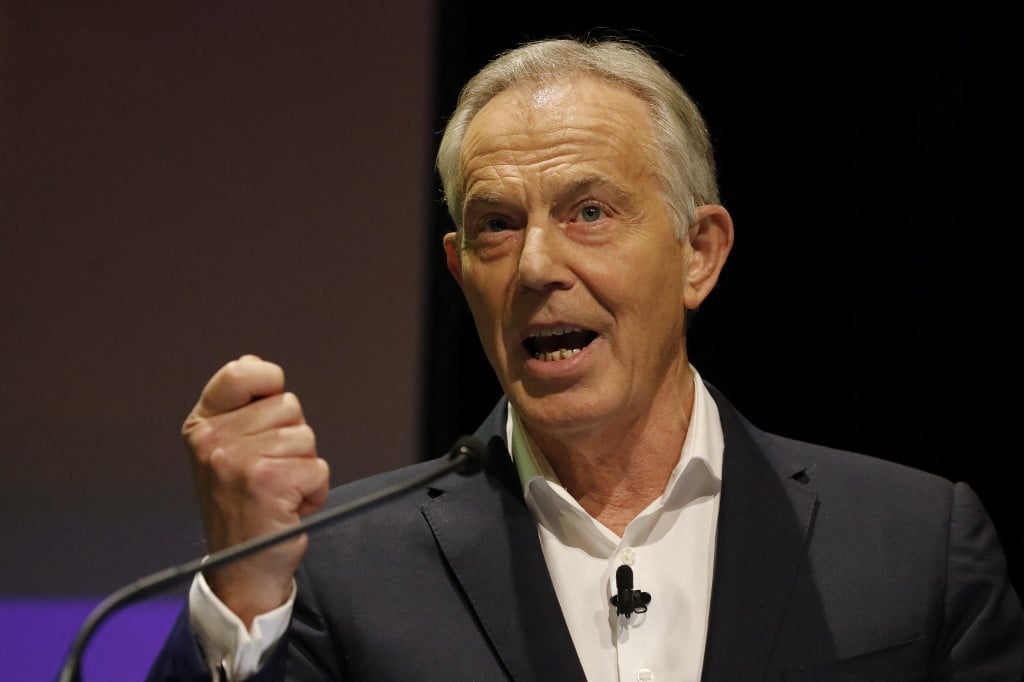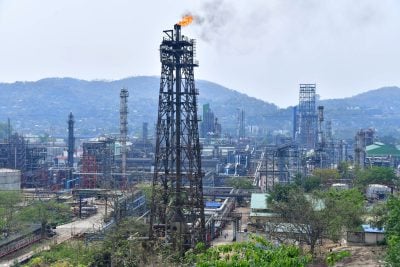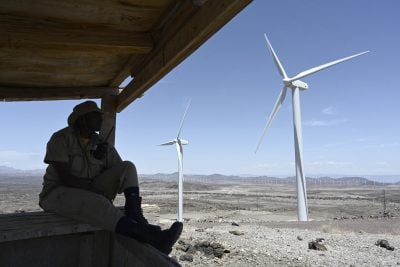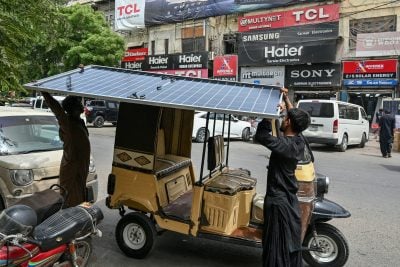As African Presidents, agri-businesses, tech entrepreneurs, investors and philanthropists come together in Kigali this week at the AGRF food and agriculture summit, the world is hungrier than it has been in years.
2014 saw the number of people affected by hunger beginning to slowly increase, for the first time in decades. The last two years have seen that slow rise gather pace – around 3bn people worldwide can no longer afford healthy diets. The world has moved backwards in its efforts to end hunger, food insecurity and malnutrition.
Whilst much has been written about the impacts of Covid-19 and the Ukraine invasion as causes of our current food security situation, this is not a crisis of the last two-to-three years alone. This is a crisis whose roots were apparent as far back as 2006-08, when three decades of steadily declining food prices were brought dramatically to a halt. Then, much like today, the world saw dramatic food price surges, food stock declines, and spiralling energy costs. Events of the past two years have exposed the fragility of our food systems.
The second half of 2022 has seen the global agricultural commodity price hikes accompanying Russia’s invasion of Ukraine followed by a welcome downturn: global corn and wheat prices returned to pre-invasion levels in late July. And yet, output prices are only one part of the story. What is so crippling for African agriculture at the moment are soaring input costs. As a key component of fertiliser and logistics on which agricultural production depends, rising energy costs are sending African agri-businesses scrambling for new sources of working capital to pay for critical inputs to continue their farming activities and meet rising food demand.
Capital is in short supply. Without the backing of positive balance sheets, many farmers in Africa are not able to secure the increased levels of liquidity necessary to finance their seasonal inputs. And despite the heightened need for global food security, it is possible, even probable, that many farmers in Africa will have to compromise on inputs and food production across the continent will decline in the short-term. We risk, in the words of the UN secretary-general, a current crisis of food affordability becoming a crisis of food availability, in 12 – 24 months’ time.
A new kind of investor is needed
Whilst much lip-service has been paid in recent months to investing in the world’s food systems, foreign direct investment flows to the African food and agriculture sector remain paltry. A recent study finds that of $12 trillion invested globally in alternative real assets – meaning assets other than stocks, bonds or certificates – only 2.3% ($267m) was invested in food and agriculture and forestry, and only 4% of that was invested in Africa (0.35% of global alternative real asset investments). Even if only 1% of total alternative assets were to be reallocated to African agribusiness, the result would be a 12-fold increase in investment in food and agriculture in Africa.
A new class of investor is needed to respond to the demand to sustainably produce, process and distribute nutritious, affordable food. Commitments beyond “patient capital” must extend to achieving net zero, nature-positive production and advancing equitable livelihoods. Modern technologies provide the ability to reconcile these seemingly diverse objectives across a broad range of scale, crops, and climatic conditions. Through ag-tech innovation we now have an arsenal of instruments available to significantly de-risk farming operations and in so doing open the door to conservative institutional capital. The African agricultural sector represents an under-tapped opportunity for such investors at a time when a set of unprecedented crises have pushed agriculture to the top of political and economic agenda.
Despite the slow flow of foreign direct investment to the continent’s agri-business sector, sub-Saharan Africa has achieved real agricultural growth rates which have averaged 4.63% a year since 2000 – the highest of any region in the world. In the interests of the health of the interconnected global food system on which we all depend, it’s time for Western investors to recognise that channelling patient, climate-smart investment to Africa’s dynamic agri-business sector is a viable commercial strategy.
Tony Blair is a former prime minister of the UK and founder of the Institute for Global Change
Want to continue reading? Subscribe today.
You've read all your free articles for this month! Subscribe now to enjoy full access to our content.
Digital Monthly
£8.00 / month
Receive full unlimited access to our articles, opinions, podcasts and more.
Digital Yearly
£70.00 / year
Our best value offer - save £26 and gain access to all of our digital content for an entire year!
 Sign in with Google
Sign in with Google 



